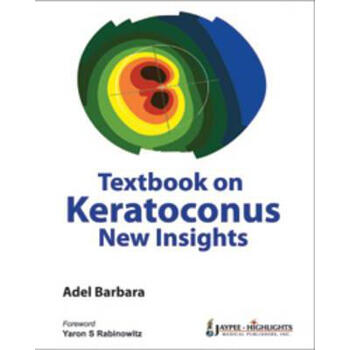
Picture this: You’re eager to dip your toes into the world of trading—stocks, forex, crypto, commodities—you name it. But the question looms: how do you start without risking it all on your first try? Enter funded trading programs, a buzzword that’s gaining momentum in financial circles. Everyone’s talking about them as an entry point, but are they really a good fit if youre just starting out? Let’s unpack what these programs are all about, and whether they might be the right move for someone new to trading.
Think of funded trading programs as a kind of partnership. You, the trader, prove that you have the skills—usually through a simulated trading phase—and if you pass, a firm backs you with real capital. It’s like a confidence test: show your aptitude, and they’ll hand over the reins, so to speak. Instead of risking your own savings, you’re trading with a firm’s money, and a cut of the profits comes back to you. That sounds pretty appealing…but there are a few ins and outs to consider.
Lower personal risk, higher learning curve: For beginners, this setup offers a safety net. You’re not putting your own cash at stake right away. Instead, you’re gaining real-world experience with a safety buffer, which can lead to faster learning without the stress of risking everything on day one.
Access to substantial capital: Many firms offer access to significant trading funds—sometimes hundreds of thousands of dollars. That’s a game-changer, especially if you’re developing strategies or testing different asset classes like forex, stocks, crypto, or commodities.
Mentorship and structured growth: Several programs come with coaching, trading journals, and community support. Think of it as having a mentor by your side, guiding you through the nuances of different markets.
Potential for serious income: If you pass the challenge and consistently profit, the earning potential can be impressive. Some traders are making full-time income after mastering their craft within these programs.
Steep learning curve: Let’s be real—trading is complex. Jumping into funded programs before grasping the basics could mean success is more about luck than skill. For beginners, rushing into these programs might lead to frustration or financial loss.
Stringent rules and pressures: Funded programs often come with strict guidelines—drawdowns, daily loss limits, and performance quotas. Missing these can mean losing your funding and starting over. It’s like walking a tightrope while learning to balance.
High failure rates: Not everyone makes it through the evaluation phase. A lot of traders give up or struggle despite having potential. It’s a highly competitive environment, and patience is key.
Cost and fees: Some programs require a fee for the evaluation phase or training. Make sure you understand the full cost before jumping in, especially if youre just figuring out what trading really entails.
Trading’s landscape is evolving rapidly. Decentralized finance (DeFi) is pushing boundaries—think peer-to-peer transactions without middlemen, powered by smart contracts. While DeFi offers huge potential, it also introduces new challenges like security vulnerabilities and regulatory uncertainties.
Looking ahead, miniaturizing high-tech has paved the way for AI-driven trading algorithms and automated platforms. These tools are perfect for analytical minds or those keen on executing trades in milliseconds, but they require a solid understanding of markets to avoid costly mistakes.
As for prop trading’s future? It seems poised to blend traditional mentorship with cutting-edge tech. Expect more flexible, algorithm-supported programs that adapt to individual traders’ styles. The key is continuous learning, adapting to new assets—like cryptocurrencies and commodities—and staying aware of the shifting landscape.
Here’s the bottom line: if you’re serious about trading and ready to commit time to learning, funded programs can accelerate your growth and offer a relatively low-risk entry. But beware—these are high-stakes environments, and success demands discipline, patience, and a clear understanding of your weaknesses.
For beginners, the real edge lies in mastering the basics—reading charts, understanding market psychology, and developing sound strategies—before diving into funded programs. Think of funded trading as the graduation cap; it’s a reward for skill, not a shortcut.
In a market evolving with AI, DeFi, and multi-asset opportunities, the best traders are those who keep learning and adapting. If you’re ready to embrace the challenge, funded programs might just be the springboard you need.
Trade smarter, not harder—funded trading programs are your potential launchpad if you’re prepared for the journey.
Your All in One Trading APP PFD